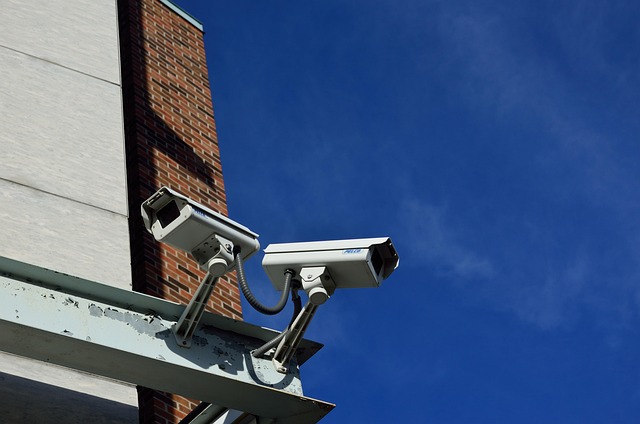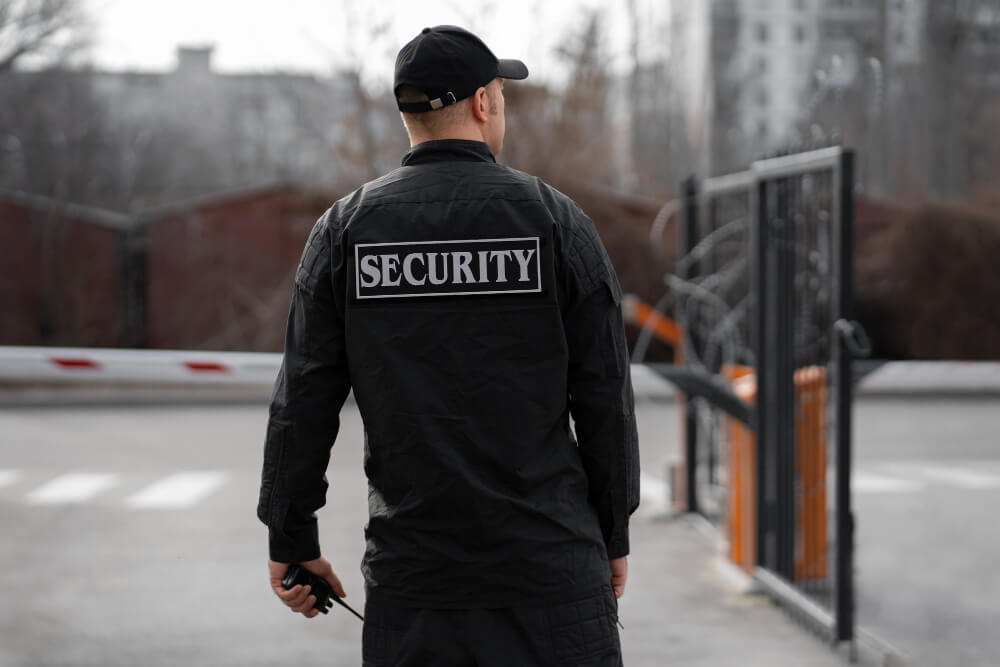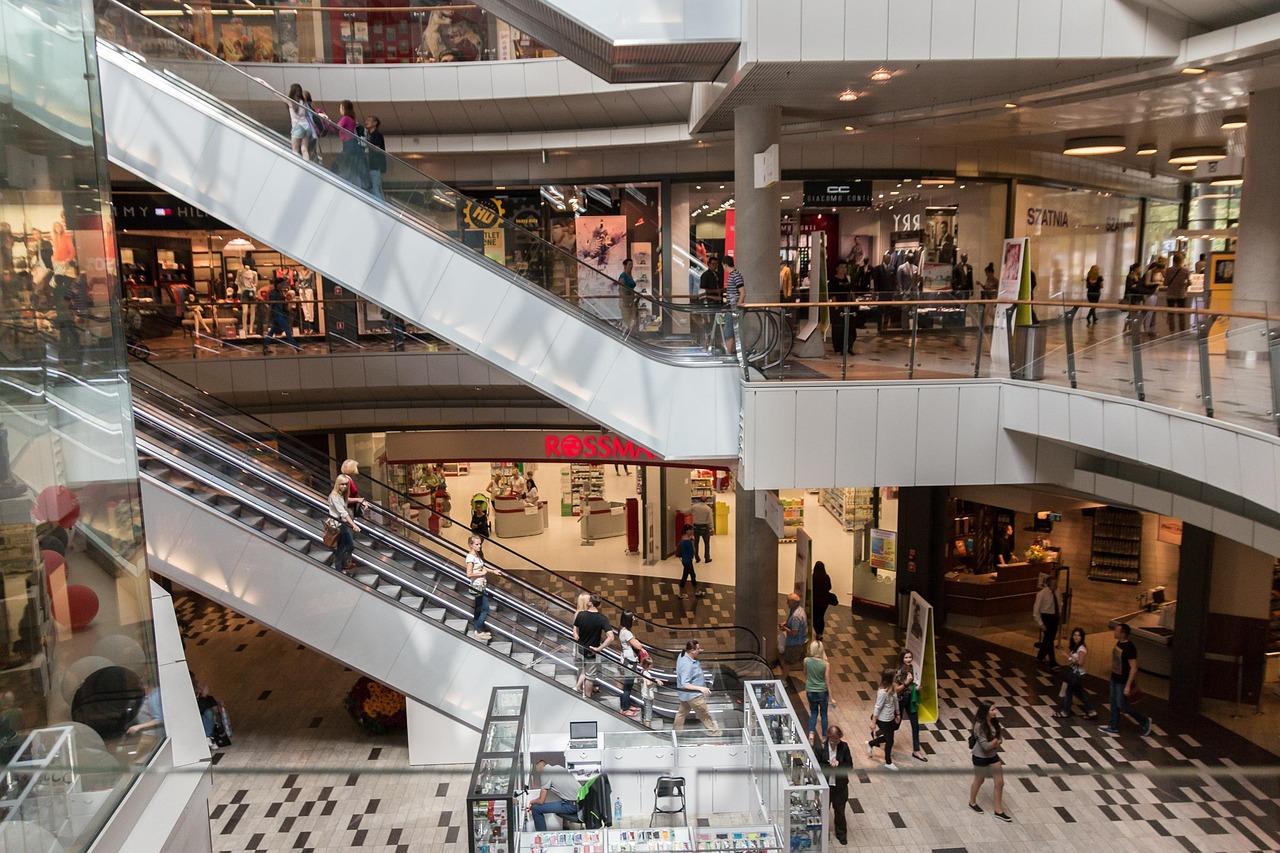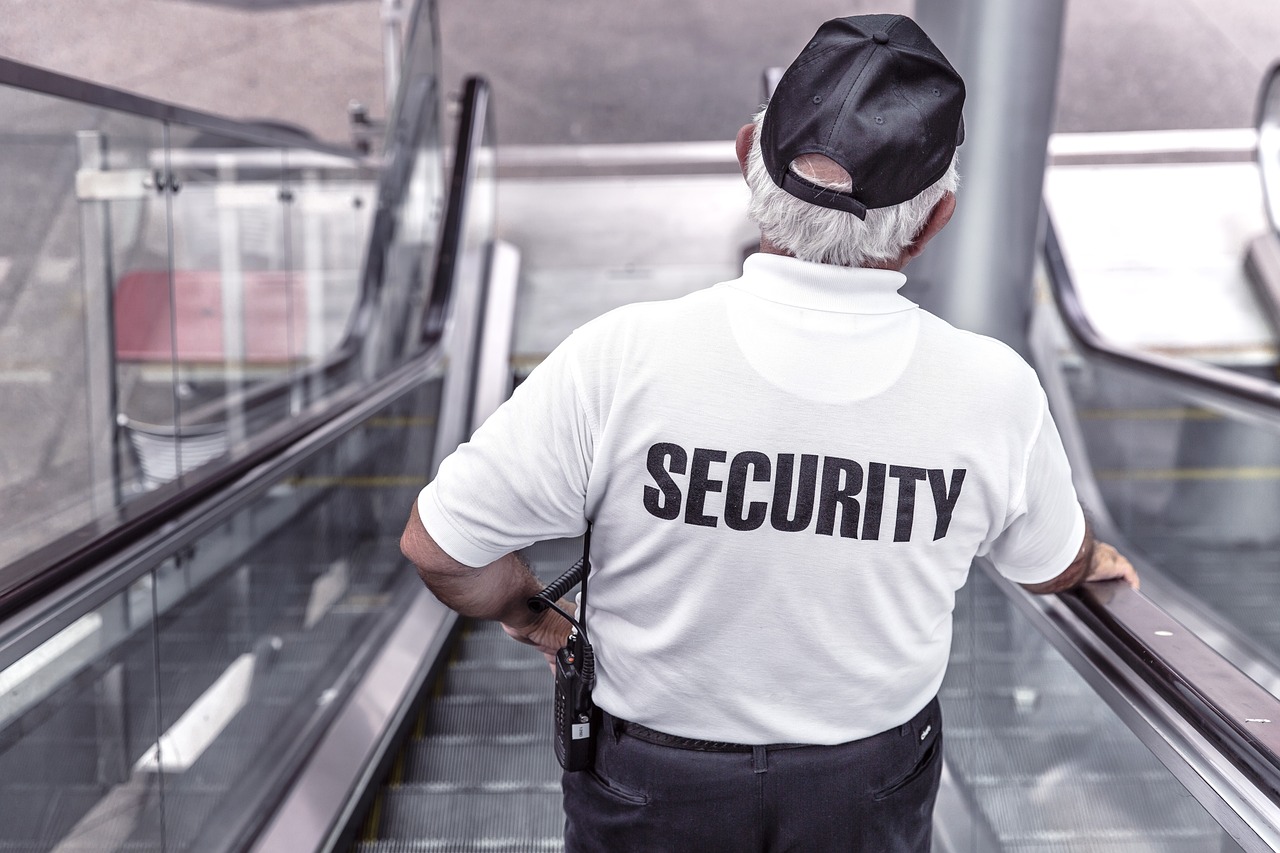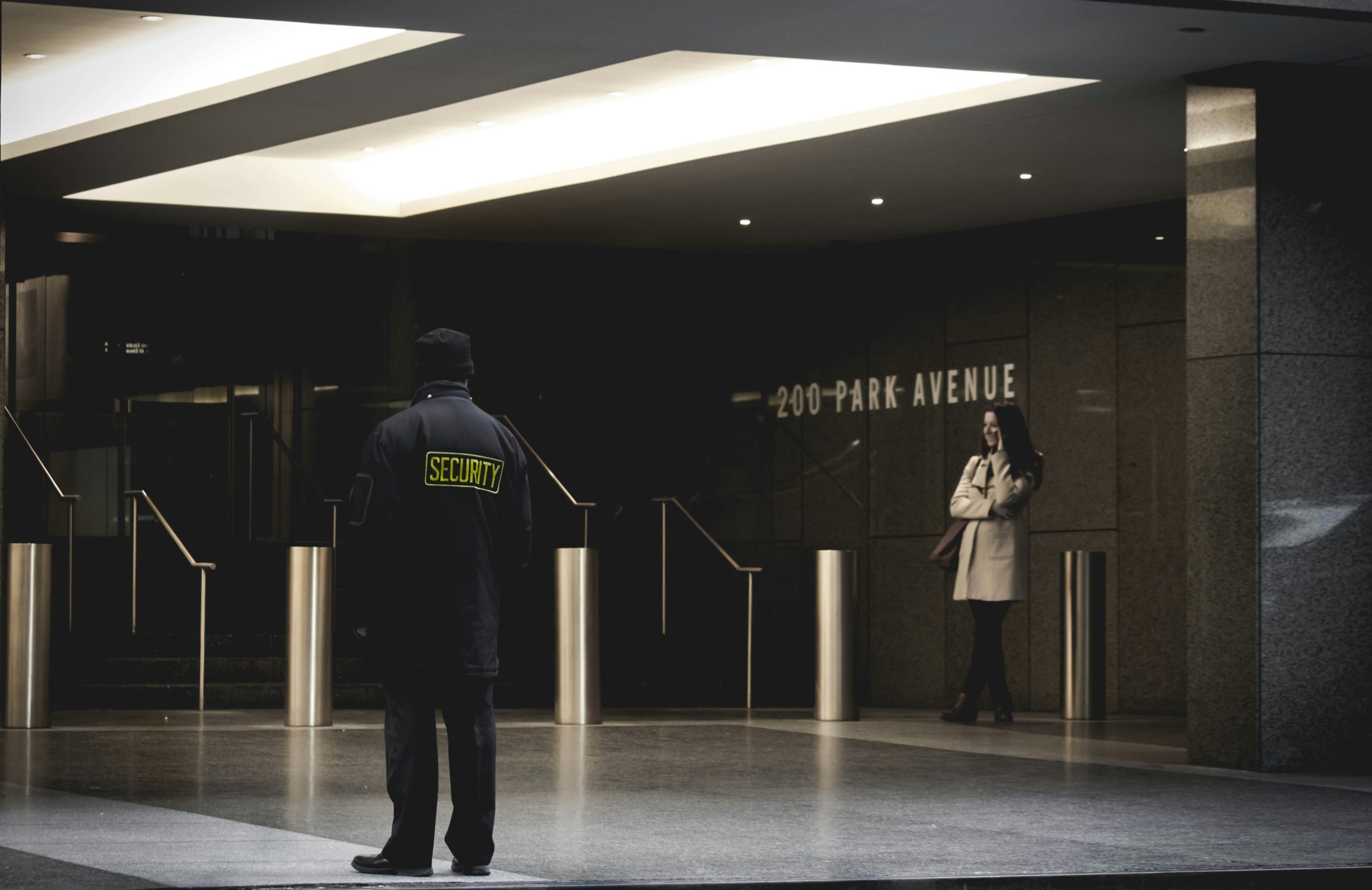With rising crime rates, increasing workplace vulnerabilities, and a surge in data breaches, the need for robust security measures has become a top priority for businesses across Bangladesh. From retail shops and corporate offices to banks and industrial facilities, organizations are facing growing threats to both their physical premises and digital assets. In response, modern security technologies are emerging as essential tools to protect property, employees, and sensitive information. These advanced solutions not only deter criminal activities but also help businesses monitor operations, manage access, and respond swiftly to potential threats. This blog highlights the top five security technologies every Bangladeshi business should consider implementing to ensure safety, improve operational efficiency, and build a more resilient security infrastructure.
1. Video Surveillance Systems (CCTV & IP Cameras)
Businesses in Bangladesh now include video surveillance systems to ensure that there is an all round protection and that the protection is 24/7. Such systems are important in preventing theft, vandalism and unauthorized activities and are useful sources of evidence in case theft/vandalism occurs. Businesses have an option of using traditional analog television cameras and the more advanced IP-based cameras. Although analog cameras are cheaper and simpler, IP cameras have better image quality, are long-distance, and allow the user to remotely access features not provided by the analog cameras such as motion detection and cloud storage. Shop outlets, business offices and warehouses in Bangladesh are fast taking these systems to improve site security and business supervision. Video surveillance is more than a security system, it is a reminder and an alert system to the business owner who can keep up-to-date no matter where they are: video surveillance features constant tracking, access through mobile applications, and interaction with alarm systems. By making investments in CCTV or IP surveillance, an organization in addition to enhancing his/her security, creates customer confidence and compliance to the regulations.
2. Access Control Systems (Biometric, RFID, Keycard)
Access control systems are necessary to control and keep track of the people accessing particular sections at a business facility to keep away unwarranted entry as well as to improve the inner security. These systems apply all kinds of technology to authenticate a user and some of them include multi-factor user authentication like biometric user authentication (fingerprint, facial) and RFID tags, smart keycards. Biometric systems are very accurate and are assisted with no physical keys or cards needed, whereas the systems with RFID and smart cards are fast and do not require contact. Access control is a common approach to secure sensitive areas and keep valuable assets secure in corporate offices, data centers and financial institutions as in Bangladesh. In addition to entry only restriction, these systems would also help a business to have some control on employee movements, entry logs and tie up to attendance systems to control workforce better. Bangladeshi businesses stand to gain by implementing access control technologies which would render the working environment safe and solutions to reduce internal forms of threats and boost further transparency in the operations.
3. Intrusion Detection and Alarm Systems
To ensure the physical premises against illegal access, theft, and other security incidents, intrusion detection and alarm systems come very crucial. Such systems operate through the application of a network of sensors (e.g., door/ window contacts, motion detectors, glass breaks, and vibration alarms) which detect standard/ stand out activity in the real time of occurrence. When a potential break-in is identified, the system activates an audible or unnoticeable alarm and is capable of simultaneously indicating the security officers or emergency teams. Major industries in Bangladesh such as banks, warehouses, and factories as well as retail outlets depend so much on the intrusion detection regime to restrict the security of their facilities as well as make their employees safe. The significant advantages are instant warning, quickness to respond in case of a break-in, and effective crime prevention. A combination of these systems with video surveillance and control is more effective, so it is an intelligent investment in any enterprise that is trying to decrease the probability of emergencies and protect its activities.
4. Cybersecurity Solutions (Firewalls, Antivirus, Endpoint Security)
The need to protect the internet infrastructure has since grown to become not an option but a core requirement as Bangladesh organizations expand their businesses to the online environment. Malware, ransomware, phishing, and information leakages are other cyber dangers that can stop operations, expose sensitive data, and remove brand image. In order to battle these threats, the use of necessary security tools is required: firewalls to protect the network, antiviruses to block the effects of malicious programs, data encryption to defend the transmission of data, and endpoint detection & response (EDR) to monitor the threats in real-time. These solutions are a must in any company that has systems connected to the internet whether it is a small business or a bigger business. Cybersecurity will prevent the loss of customer data, safeguard company data and prevent violations of data privacy policies. The recent focus of Bangladeshi businesses on digital security will help them avoid the majority of threats, establish reliability among their clients, and sustain business continuity in an increasingly digitalized economy.
5. Integrated Security Systems & Smart Monitoring
Integrated security removes the complexity of managing various security systems separately and makes a platform holding several forms of security systems, i.e., video surveillance, access control, intrusion detection, and cybersecurity, all centralized, much more efficient and responsive. The integrated systems are usually characterized by centralized dashboards, connection with mobile apps, and analytics based on artificial intelligence allowing them to monitor real time data and make intelligent decisions. In the case of bigger businesses, malls, and industrial areas in Bangladesh, the integrated security solutions provide flexible and efficient methods of handling the complicated aspects of security needs. Rather than dealing with several fragmented applications, organizations get smooth integration among systems, automated alerts, and actionable insights due to smart processing of data. Such a holistic measure incurs more detection of threats, easier management, and more prompt reactions to possible security threats. Investing into the smart, integrated systems can not only enhance the protection in general but use the available resources more efficiently and plan the long-life security of rapidly growing organizations.
Conclusion
In today’s rapidly evolving business landscape, the need for robust protection is more critical than ever. The top five Security Technologies Every Bangladeshi Business Should Consider—including video surveillance systems, access control solutions, intrusion detection alarms, cybersecurity tools, and integrated smart monitoring—offer powerful ways to defend against both physical and digital threats. These technologies not only reduce the risk of theft, breaches, and unauthorized access but also help improve trust, operational efficiency, and regulatory compliance. By adopting the right security solutions, businesses can build a safer, smarter, and more resilient future. To ensure proper implementation and maximum benefit, business owners should consult with professional security solution providers who can tailor these technologies to fit their specific needs and environments.

Editorial staff’s are at AB Securitas Bangladesh are experts in security guard services in Bangladesh.

